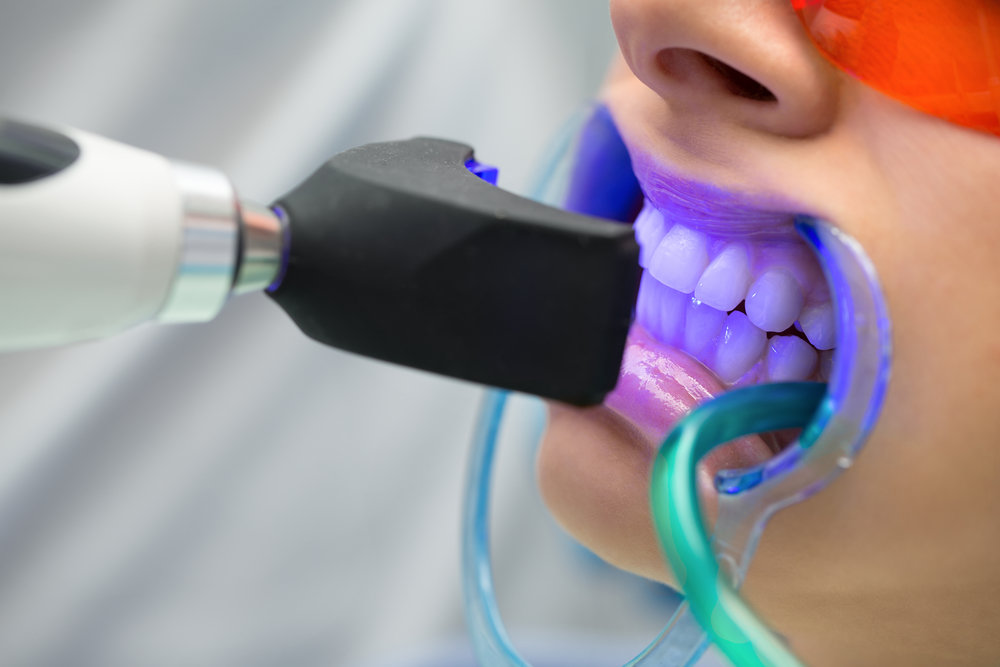沙田牙醫洗牙推薦|臻善牙科|大圍洗牙收費價錢
臻善牙科在沙田區大圍的分店現已開張!作為專業牙醫診所,我們提供洗牙、箍牙、植牙等多種高品質護理和治療服務,致力於為您帶來最舒適的就診體驗。大圍分店位於沙田區大圍圍方418號舖,地處於港鐵大圍站的上蓋商場,交通十分便利。無論是巴士還是港鐵,均可輕鬆到達,方便來自沙田、石門、沙田圍、九龍塘及顯徑等地的患者前來洗牙。
臻善牙科在沙田區大圍的分店現已開張!作為專業牙醫診所,我們提供洗牙、箍牙、植牙等多種高品質護理和治療服務,致力於為您帶來最舒適的就診體驗。大圍分店位於沙田區大圍圍方418號舖,地處於港鐵大圍站的上蓋商場,交通十分便利。無論是巴士還是港鐵,均可輕鬆到達,方便來自沙田、石門、沙田圍、九龍塘及顯徑等地的患者前來洗牙。
A bright, white smile without any stains can make a big difference in your appearance and your confidence.Tooth stains can be caused by a variety of factors, including both internal and external causes.
Here's a closer look at each type of cause:
Previous dental treatment: Filling and root canal treatment can lead to tooth discoloration.
Scaling and polishing is a common dental procedure that is used to remove plaque and tartar buildup from teeth and to polish the teeth for a brighter, cleaner smile. Normally, we advise scaling and polishing every 9 to 12 months.
After the procedure, your teeth may feel smoother and look brighter. You may also experience some mild sensitivity or discomfort, but this should subside within a few days.
There are several reasons why teeth may become sensitive after scaling, including:
1. Gum recession
If you have gum disease or other periodontal problems, scaling can sometimes cause the gums to recede, exposing the tooth roots and making them more sensitive.
2. Temporary nerve irritation
Sometimes, scaling can cause temporary irritation to the nerves in the teeth, which can make them more sensitive. This usually resolves on its own within a few days.


In-office whitening is performed by a dental professional in a dental office. It is a cosmetic dental procedure that uses a bleaching agent to lighten the color of the teeth. The procedure typically takes about an hour and involves the application of a high-concentration bleaching gel to the teeth. The gel is activated with a special light, and the results are visible immediately. The procedure typically involves the following steps:
At-home whitening involves the use of a custom-fitted tray and a lower-concentration bleaching gel that is applied to the teeth at home. The tray is worn for a specified amount of time each day, typically for several weeks, until the desired level of whiteness is achieved.
After dental whitening, it's important to take proper care of your teeth to help maintain the results and minimize any potential side effects.
Here are some tips to help you care for your teeth after dental whitening: